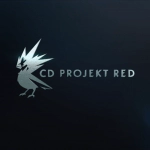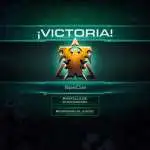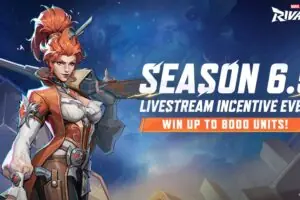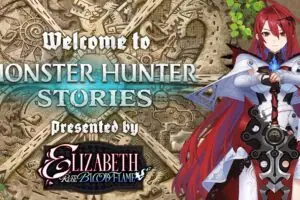My Time At Portia is an absolute darling of a title, developed by Pathea Games and published by Team17 Digital. It is a charming romp through mostly laid back regions as you attempt to bring life to your father’s stead that he left you on the sleepy town of Portia. Farming, crafting, exploration and adorable townsfolk are all found in spades in the title, with hundreds of hours of content.
It’s hiding a secret, however, and it’s more often than not hilarious. Pathea Games is located in Chongqing, China, and they don’t have an English translator readily available for the majority of patch notes, events, and occasionally dialogue. Occasionally, this leads to mass confusion for limited time events within My Time At Portia.
The most recent event ran from November 15th until December 13th of 2019. It was a collaboration with Amazing Cultivation Simulator, a 100% Chinese roguelike from language to lore. That’s about everything that anyone knows, actually.
The patch notes for the collaboration are…cryptic:
Come and Exploring Amazing Cultivation Simulator Icons Hidden In the Cornor of The Game
The comments were filled with people desperately attempting to figure what exactly what was going on; who wants to miss out on a limited-time event? Even more so if there’s something to be gained that would otherwise be unavailable.
The previous patch notes, announcing the collaboration, included the prior sentence along with this gem:
Time leap happens
The event came and went with many fans of the title never figuring out what the heck was supposed to be happening in the first place. Some reported finding strange symbols around the map, but no one could interact with them. They just…existed. The developers eventually took to Twitter to explain that the event was for China only, although it appeared as though the event was enabled for all.
There is an absolute minimum of anyone decrying the arrival of international titles; where video games are readily becoming a form of expression for thoughts and ideas, interconnectivity among nations is an ideal future. It can be frustrating for many when something that they’ve opted to support is not supporting them in turn.
It may be a bit of an extreme wish, but having PC platforms offer human-based translation support for fans to talk to developers, and vice versa, would be a massive step forwards in experiencing the greatness other nations have. And it would be a far better option than trying to Google Translate entire patches.





